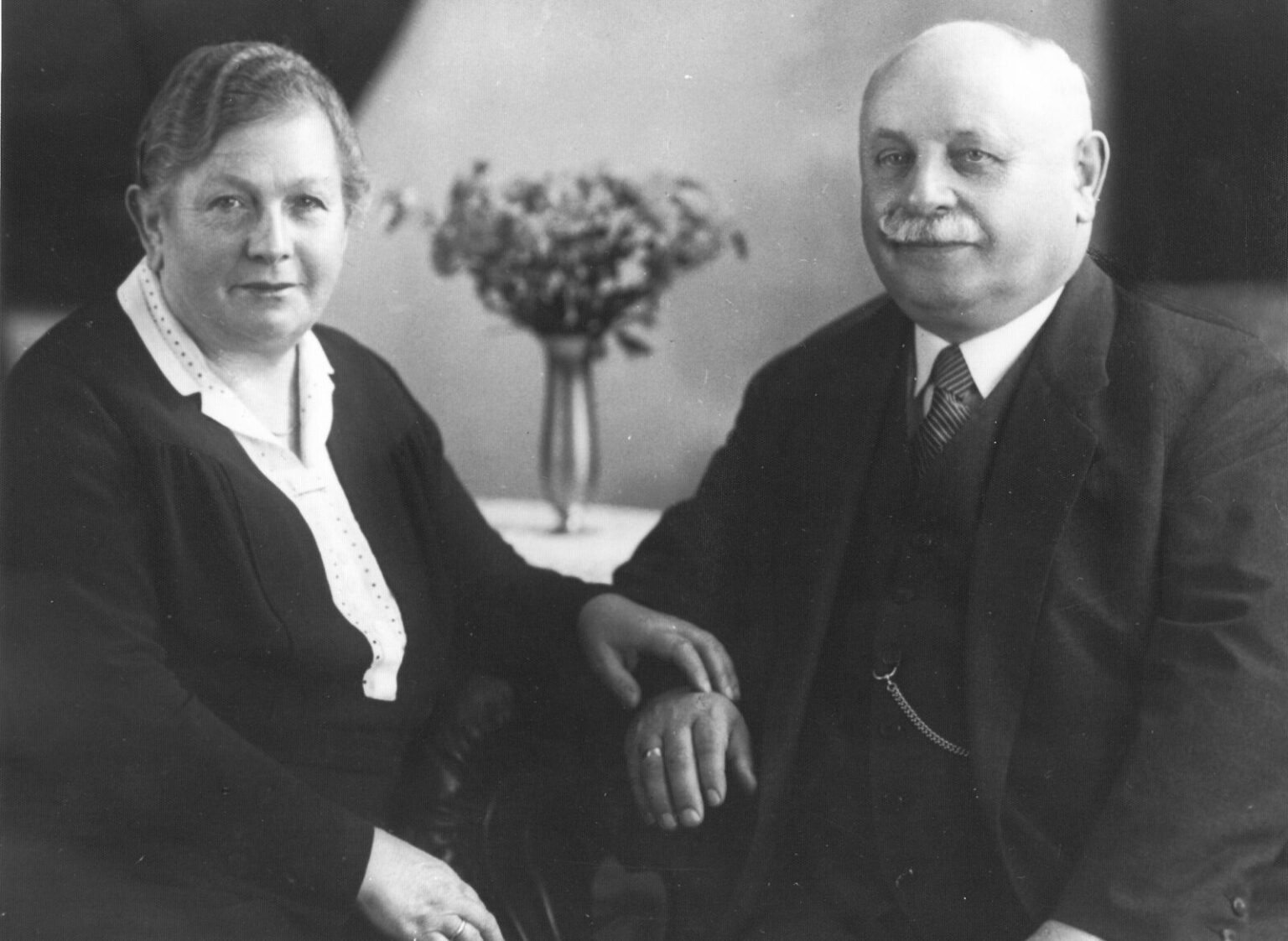

God reveals Himself step by step: from God the Creator, through the man Jesus, to the activity of the Holy Spirit. And this also applies to the correct understanding of Holy Scripture. Here is the second part of the Chief Apostle’s handout.
To understand the Old Testament, it must be read in the light of the New Testament. Chief Apostle Jean-Luc Schneider explained this in the spiritual part of the last District Apostle Meeting. The importance and significance of the Old Testament statements for our faith and doctrine are determined “by the agreement of their contents with that which the gospel teaches”.
“Like the writings of the Old Testament, those of the New Testament were also written by human beings. Inspired by the Holy Spirit, they used their words and knowledge to give an account of the life of Jesus and record the revelations of the Holy Spirit.” They also took into account the culture of their addressees in order to be certain that the latter would understand them.
Communication varies, the content stays
The implications: “In the writings of the New Testament, the message of the gospel is always the same, but the manner in which it is conveyed varies depending on the respective writer and recipient.
This applies in particular with respect to the manner in which the texts speak about the death of Jesus Christ. Sometimes the biblical authors make reference to the Old Testament sacrificial cult (atonement), other times to the customs of war (ransom for prisoners), or to criminal law (a debt must be paid).
A literal interpretation of these texts would present God as a punishing God, as the Old Testament did. This is contrary to the New Testament: Jesus Christ Himself speaks of a God of love, who does not seek to punish sinners, but rather to save them.
An act of love rather than a punitive measure
“Fortunately, the Holy Spirit makes it possible for us to speak about the death of Jesus Christ without necessarily emphasising the notion of punishment,” the Chief Apostle noted.
- The sacrifice of Jesus Christ is above all an act of love.
- Humanity’s sufferings are a consequence of the distance from God.
- In His love, God desires to lead all human beings into fellowship with Himself.
- As a human being Jesus was able to resist temptation, maintain His trust in God, and remain firm in His love.
- In His love, Jesus Christ is prepared to share His victory and merit with those who believe in Him and follow Him.
Salvation rather than the end of the world
The last book of the Bible can also be easily misunderstood: read on a superficial level, the book of Revelation speaks of the end of the world, the wrath of God, and the punishment of the ungodly. However, the Chief Apostle said in his presentation, the Holy Spirit allows us to understand that it speaks above all of Christ’s victory over evil and of His unconditional love for humankind.
“Jesus Christ Himself announced His return. He revealed to Apostle Paul the events surrounding His return (1 Thessalonians 4: 15–17; 1 Corinthians 15: 51–52).” And the book of Revelation picks up on “Jesus’ revelations about the future course of the plan of salvation and develops them further”.
The Chief Apostle continued and said that the mission of the Apostles is to prepare the believers for the return of the Lord. Those who are accepted will be able to enter His kingdom as firstlings. “But what will happen to all the rest?” Chief Apostle Schneider asked. “The love of God wants all human beings to have access to His kingdom. To this end, Jesus Christ will establish His kingdom of peace on earth. Only once everyone has been able to make a free decision for or against Jesus Christ will God complete His plan of salvation.”
Photo: Jantanee – stock.adobe.com











